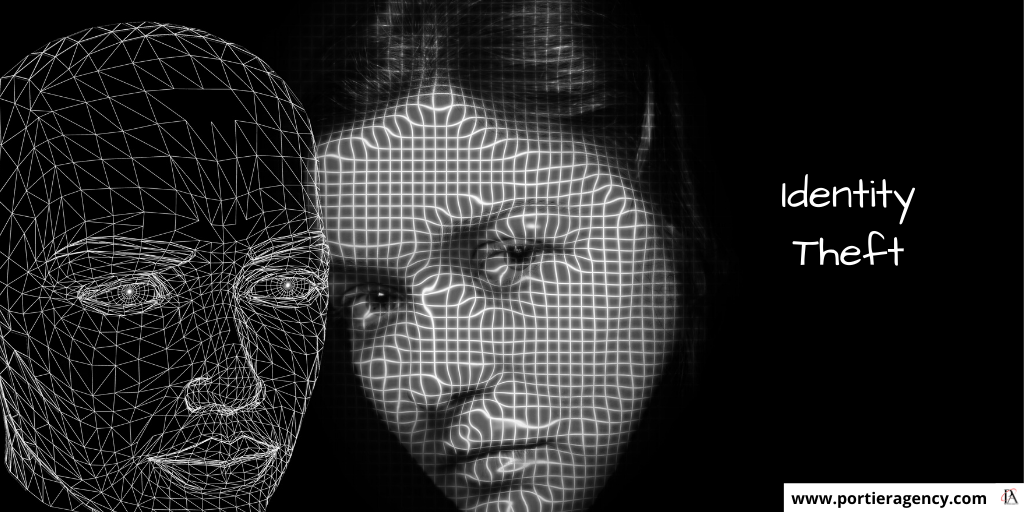Identity Theft

Identity Theft
Identity Theft
Identity (ID) theft happens when someone steals your personal information to commit fraud.
The identity thief may use your information to fraudulently apply for credit, file taxes, or get medical services. These acts can damage your credit status, and cost you time and money to restore your good name.
-
You may not know that you’re the victim of ID theft immediately. You could be a victim if you receive:
- Bills for items you didn’t buy
- Debt collection calls for accounts you didn’t open
- Denials for loan applications
-
Children and seniors are both vulnerable to ID theft. Child ID theft may go undetected for many years. Victims may not know until they’re adults, applying for their own loans.
Seniors often share their personal information with doctors and caregivers. The number of people and offices that access seniors’ information put them at risk.
-
There are several common types of identity theft that can affect you:
- Tax ID theft – Someone uses your Social Security number to falsely file tax returns with the IRS or your state
- Medical ID theft – Someone steals your Medicare ID or health insurance member number. Thieves use this information to get medical services or send fake bills to your health insurer.
- Social ID theft – Someone uses your name and photos to create a fake account on social media
Take steps to avoid being a victim of identity theft. Secure your internet connections, use security features, and review bills. Read more about how you can prevent identity theft.
Prevent Identity Theft
Keep these tips in mind to protect yourself from identity theft:
- Secure your Social Security number (SSN). Don’t carry your Social Security card in your wallet. Only give out your SSN when necessary.
- Don’t share personal information (birthdate, Social Security number, or bank account number) because someone asks for it.
- Collect mail every day. Place a hold on your mail when you are away from home for several days.
- Pay attention to your billing cycles
 . If bills or financial statements are late, contact the sender.
. If bills or financial statements are late, contact the sender. - Use the security features
 on your mobile phone.
on your mobile phone. - Update sharing and firewall settings
 when you’re on a public wi-fi network
when you’re on a public wi-fi network  . Use a virtual private network (VPN)
. Use a virtual private network (VPN)  , if you use public wi-fi.
, if you use public wi-fi. - Review your credit card and bank account statements. Compare receipts with account statements. Watch for unauthorized transactions.
- Shred receipts, credit offers, account statements, and expired credit cards. This can prevent “dumpster divers” from getting your personal information.
- Store personal information in a safe place.
- Install firewalls and virus-detection software
 on your home computer.
on your home computer. - Create complex passwords that identity thieves cannot guess. Change your passwords if a […]
# # #
Continue to read this article.
Don’t forget, The Portier Agency offers:
homeowner/mobile home/ renter’s /automobile / motorcycle / life / commercial / crop insurance.
Call or come by to get your quote!
 The Portier Agency, LLC
The Portier Agency, LLC
113 North Irwin Avenue
Ocilla, GA 31774
229-468-3444
portieragency@windstream.net